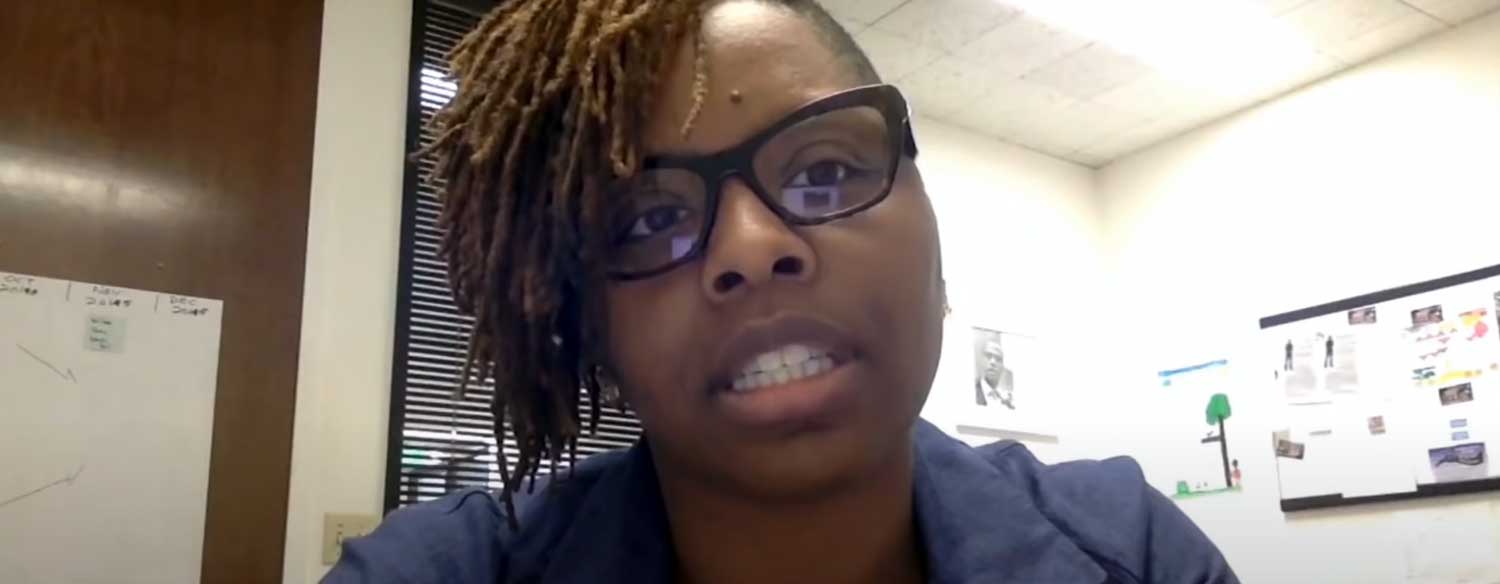Queer activist and co-founder of Black Lives Matter has said the underlying ideology driving the movement is Marxism.
Patrisse Cullors made the admission during a 2015 interview, detailing the background of the movement after the interviewer raised concern that Black Lives Matter lacks a clear ideological structure.
“We actually do have an ideological frame,” she said. “Myself and Alicia [co-founder] in particular, we’re trained organizers. We are trained Marxists. We are super versed on ideological theories.”
Is it any surprise that self-professed Marxists would use the death of a black man at the hands of police officers (half of whom were not-white) to effectively incite a race war? Despite having no evidence that the officer’s brutality was motivated by racism, that sin has been assumed solely on the basis of the officer’s skin colour.
Can we really take these sorts seriously when they claim to be anti-racists, and yet ascribe a particular sin based on nothing other than that person’s “race”? That is the very definition of racism. But it’s here that Marxism thrives because Marxism is the politics of division.
Whatever form it takes, whether it is Classical Marxism or Cultural Marxism, it is, by necessity, divisive. Where Classical Marxism was concerned with class warfare between the wealthy and the working class, Cultural Marxism shifts the focus to supposed conflicts between the privileged cultural oppressors, and the disadvantaged oppressed.
Whether someone is oppressed or an oppressor depends on certain aspects of the individual’s identity, such as skin colour, sexual preference, gender, family, ethnicity, culture, and religion.
While we may feel inclined to back those who speak about justice for the oppressed, it’s important to note that nefarious movements often shield themselves in the more palatable language of social justice. But an evil ideology does not become less evil when it’s cloaked in the language of righteousness. It becomes hypocrisy.
As Disrn News noted, the Black Lives Matter website lists many far-left ideals amongst its core beliefs, including:
We are self-reflexive and do the work required to dismantle cisgender privilege and uplift Black trans folk, especially Black trans women who continue to be disproportionately impacted by trans-antagonistic violence.
We build a space that affirms Black women and is free from sexism, misogyny, and environments in which men are centered.
We practice empathy. We engage comrades with the intent to learn about and connect with their contexts.
We make our spaces family-friendly and enable parents to fully participate with their children. We dismantle the patriarchal practice that requires mothers to work “double shifts” so that they can mother in private even as they participate in public justice work.
We disrupt the Western-prescribed nuclear family structure requirement by supporting each other as extended families and “villages” that collectively care for one another, especially our children, to the degree that mothers, parents, and children are comfortable.
We foster a queer‐affirming network. When we gather, we do so with the intention of freeing ourselves from the tight grip of heteronormative thinking, or rather, the belief that all in the world are heterosexual (unless s/he or they disclose otherwise).
Martyn Iles, director of the Australian Christian Lobby, examined the movement in a recent episode of The Truth of It. Iles rightly said:
“There’s a lot of labels that are going around at the moment, Safe Schools, Extinction Rebellion, Black Lives Matter, sometimes even Climate Justice, Liberation Theology – I could mention a whole bunch. Each of these labels tends to have a surface appeal but it is ultimately deceptive because it obscures what those movements are really all about.”
It’s our duty to look beyond the slogans and the hashtags before we jump on a bandwagon and begin supporting a cause whose ultimate goals may be more damaging than the problems they’re supposedly fixing.





















